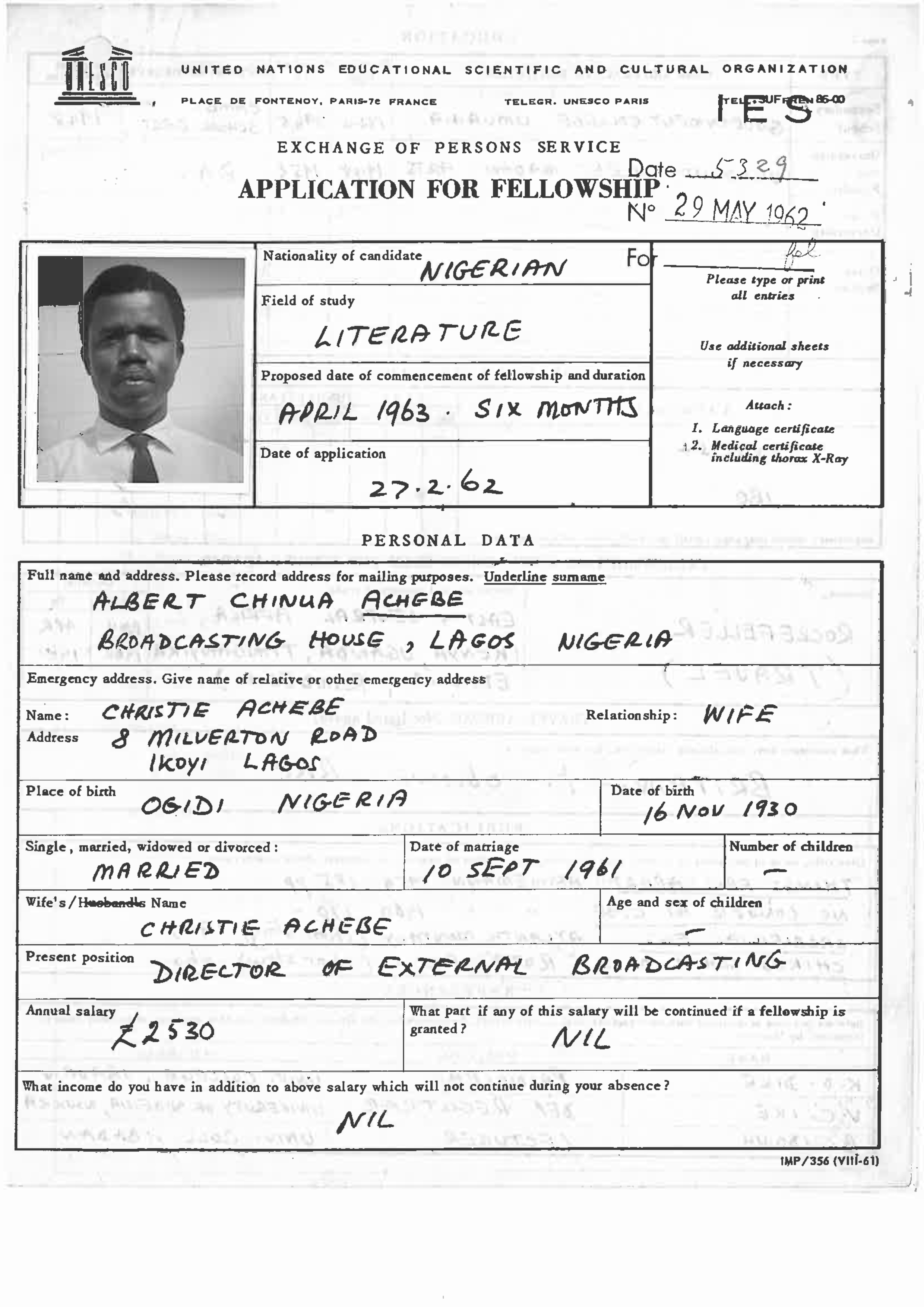
1/4
UNESCO Courier, vol. V, no.3, March 1952
In the early 1950s, writer Carlo Levi and photographer David ‘Chim’ Seymour were commissioned by UNESCO to report on its literacy campaigns in Calabria, southern Italy, for the UNESCO Courier. The moving and history laden images were recently rediscovered in the UNESCO archives. The book They Did Not Stop at Eboli recounts this exceptional reportage (UNESCO/De Gruyter, 2019).
In the early 1950s, writer Carlo Levi and photographer David ‘Chim’ Seymour were commissioned by UNESCO to report on its literacy campaigns in Calabria, southern Italy, for the UNESCO Courier. The moving and history laden images were recently rediscovered in the UNESCO archives. The book They Did Not Stop at Eboli recounts this exceptional reportage (UNESCO/De Gruyter, 2019).
Copyright
UNESCO
Download this picture
Dimension - 6755x9992px
Download
2/4
Since its creation, UNESCO has awarded fellowships and grants to give qualified specialists opportunities for further studies and research so that they may contribute to the advancement of their countries. Nigerian writer Albert Chinua Achebe and Sudanese artist Ibrahim El Salahi are among UNESCO fellowship recipients.
Copyright
UNESCO
Download this picture
Dimension - 2480x3507px
Download3/4
Leading the global education response to COVID-19
(2020 – today)
The unparalleled COVID-19 pandemic threatened the right to education of more than 1.5 billion students. UNESCO and its Institute for Statistics came out with !gures on school closures in early 2020 and continued tracking their extent and geographic spread.
In March 2020, UNESCO launched the ambitious Global Education Coalition to unlock solutions to support learners and teachers, and build a recovery process. It gathers 175 institutional, private sector and media partners including Imaginecole, an online learning platform serving ten francophone countries in West Africa; a teachers’ training programme on distance education in the Caribbean and the provision of free internet access to learning platforms in several African countries.
(2020 – today)
The unparalleled COVID-19 pandemic threatened the right to education of more than 1.5 billion students. UNESCO and its Institute for Statistics came out with !gures on school closures in early 2020 and continued tracking their extent and geographic spread.
In March 2020, UNESCO launched the ambitious Global Education Coalition to unlock solutions to support learners and teachers, and build a recovery process. It gathers 175 institutional, private sector and media partners including Imaginecole, an online learning platform serving ten francophone countries in West Africa; a teachers’ training programme on distance education in the Caribbean and the provision of free internet access to learning platforms in several African countries.
Copyright
UNESCO Office in Islamabad/Asad Zaidi
Download this picture
Dimension - 5760x3840px
Download
4/4
In 1971, UNESCO set up an International Commission on the Development of Education under the chairmanship of the French politician and historian Edgar Faure. The conclusions were published in Learning To Be: The World of Education Today and Tomorrow (1972). The key concepts of the ‘Faure Report’ were ‘lifelong education’ and ‘the learning society’. The former became the focus of the Institute for Education (UIE) — UNESCO’s commitment in 1950 to promoting human rights in post-war Germany — which became the Institute for Lifelong Learning (UIL).
Copyright
UNESCO
Download this picture
Dimension - 3000x4000px
Download
